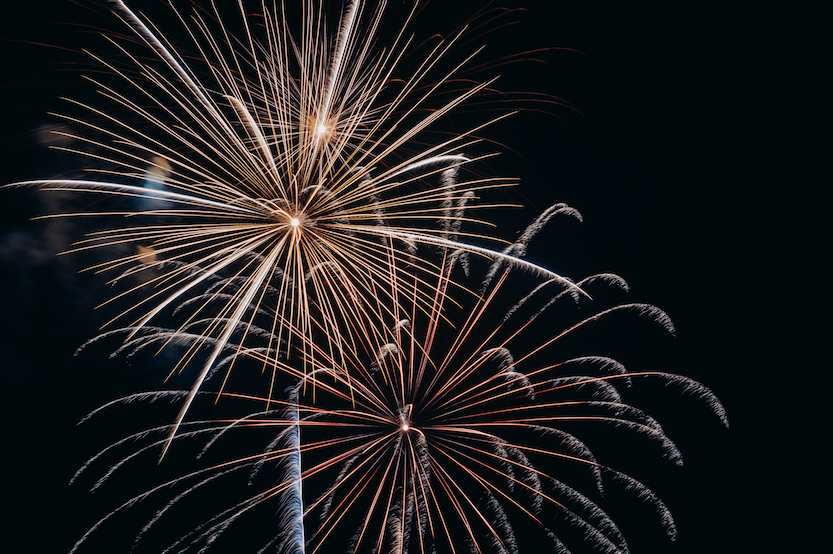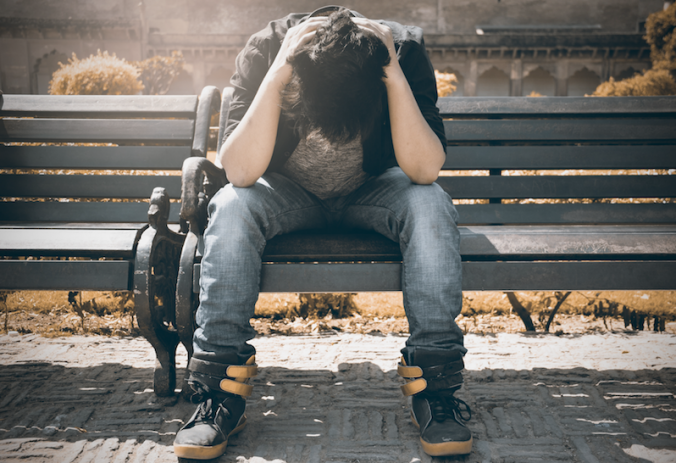A phobia is an extreme and irrational fear of a particular object, person, animal, activity or situation. This article discusses phonophobia and its symptoms, along with possible treatments for this fear of loud noises.
Is phonophobia a hearing disorder?
Phonophobia, also known as ligyrophobia, is an irrational fear of loud noises. Its name originates from the Greek words for sound (phōno) and fear (phobos).

In general, it is normal for people to be startled by sudden or loud noises, such as a firework or music that suddenly becomes very loud. The difference with someone who suffers phonophobia is that they live in constant fear of these noises occurring. Therefore, phonophobia is classified as an anxiety disorder that is in fact unrelated to hearing issues.
Differences between phonophobia and hyperacusis
Hyperacusis is a condition that occurs due to an issue with the central auditory processing centre and how it perceives sounds. Patients with hyperacusis find it difficult to tolerate noise, which can result in discomfort and pain. Hyperacusis does not have a clear cause, although some cases appear to be linked to disorders and hearing problems such as Ménière’s disease and tinnitus. However, it seems to bear no relation to the individual’s hearing threshold: some sufferers have perfect hearing.
Therefore, the main difference between phonophobia and hyperacusis lies in the fact that phonophobia is a type of phobic disorder and not a hearing disorder.
Phonophobia or ligyrophobia: symptoms y treatment
The majority of symptoms of phonophobia coincide with those of other anxiety disorders, such as the desire to flee, excessive sweating, panic and an irregular heartbeat, nausea and dizziness or even fainting. However, phonophobia can be distinguished from other disorders by an intense fear of loud sounds and severe mood swings after hearing them.

It is a disorder that seriously affects the patient’s quality of life. As stated in this article on the online platform Psicología y mente, while there is no single treatment available to cure phonophobia, several types of therapy have proven useful in helping patients to cope with its symptoms:
- Cognitive behavioural therapy: talking sessions with a therapist aim to change the way the patient thinks and behaves when faced with loud noises. Changing negative patterns can lower the patient’s anxiety levels.
- Group exposure therapy: this involves gradually exposing a group of individuals in the same room to louder noises. The fact that they are in a safe environment can help to reduce their discomfort.
- Relaxation techniques: breathing exercises or muscle relaxation can help the patient to gain control of their emotions.
Have you ever suffered from phonophobia? Help someone in the same situation by leaving a comment about your experience here.

My son seems to suffer from that phobia since he has the symptoms you explained. It’s very distressing because he’s approaching his adult’s years and coping with his studies in senior secondary school. I’m relieved to have found your post from him and read your expertise on this kind of disorder. I’m really looking forward if you could offer more help in addition to your list of treatments.
Thanks for your comment, Moken. You should see a doctor to get more information about your son’s case.
Hola todos:
Tengo 77 años y he padecido esta fobia toda mi vida. Os informo que existe un grupo de miles de personas, ligirofóbicos muchos, y simpatizantes otros, que intenta buscar reconocimiento de la Organización Mundial de la salud para que se presione a las autoridades a hacer respetar las fechas, horarios y lugares para las ceebraciones con pirotecnia. Éste es tan solo uno de los varios objetivos. El hecho es que tenemos que darnos a conocer como una minoría paciente de una dolencia rara que necesita de atención de la sociedad. Se necesita tu fima en este enlace.
https://www.change.org/ligirofobia
Hello: I have always ‘hated’ loud noise, and friends just think I am weird.
In the world as it now is, complaining about noise sounds like complaining that the sky is blue.
During a hospital stay last year, I had to be hooked up to a machine that fed me an antibiotic, and when it bag was empty it would make a very loud beeping noise that I was unable to stop! Only The nurse had the code necessary to stop the machine from beeping. It drove me crazy, and I would start screaming, ‘nusre!’
Sometimes it would take five minutes for her to show up. It was torture.
I am glad to know this is a GENUINE phobia.
NOBODY–doctors included–at that hospital would even acknowledge my distress.
Good morning Hank! Thank you for sharing your own experience with us. Yes, it is a genuine phobia although it is not yet well known for everyone around the world.